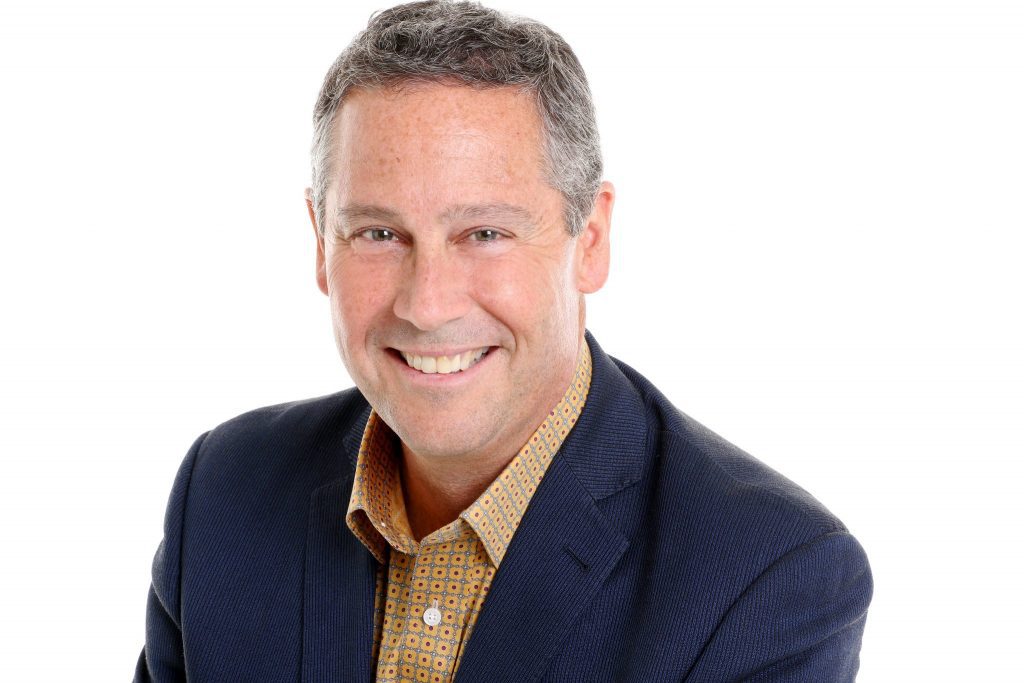Ensemble Travel's First CEO Brings Agency-Owner Perspective

Skift Take
Ensemble Travel Group hired its first CEO, a veteran travel advisor and agency owner. The move signals a realization that first-hand understanding of the daily challenges faced by travel advisors can only help a consortium better serve its members.
The Ensemble Travel Group has two co-presidents, but until last month the consortium founded in 1968 never had a CEO. That all changed with the appointment of David Harris, an industry veteran who sold his Toronto-based travel agency to take on the new position.
Skift talked with Harris to get his thoughts on what’s next for Ensemble, where he will work with co-presidents Libbie Rice and Lindsay Pearlman. Harris already had deep involvement with the consortium, having served as chair and vice chair of its North American board.
“I bring the perspective of having been a travel advisor and agency owner for 35 years, which means I’ve experienced first-hand all the changes and challenges facing advisors,” said Harris. “I’ve been on the ground in the industry for a long time."
Harris got his start at M. Ross Harris Travel, a leisure-focused agency founded by his parents in 1982. He purchased the agency in 1995, expanding it with consumer-facing brands, including Orion Travellinx and Voyageur Travel.
Travel agency management expert Robert Joselyn of the Joselyn Consulting Group believes that Ensemble was wise to create a CEO position and select Harris. He is also enthused that Terri Jo Lennox, president of Calgary-based Travel Time, became chair of Ensemble’s board of directors last year.
“I see this as a move b
